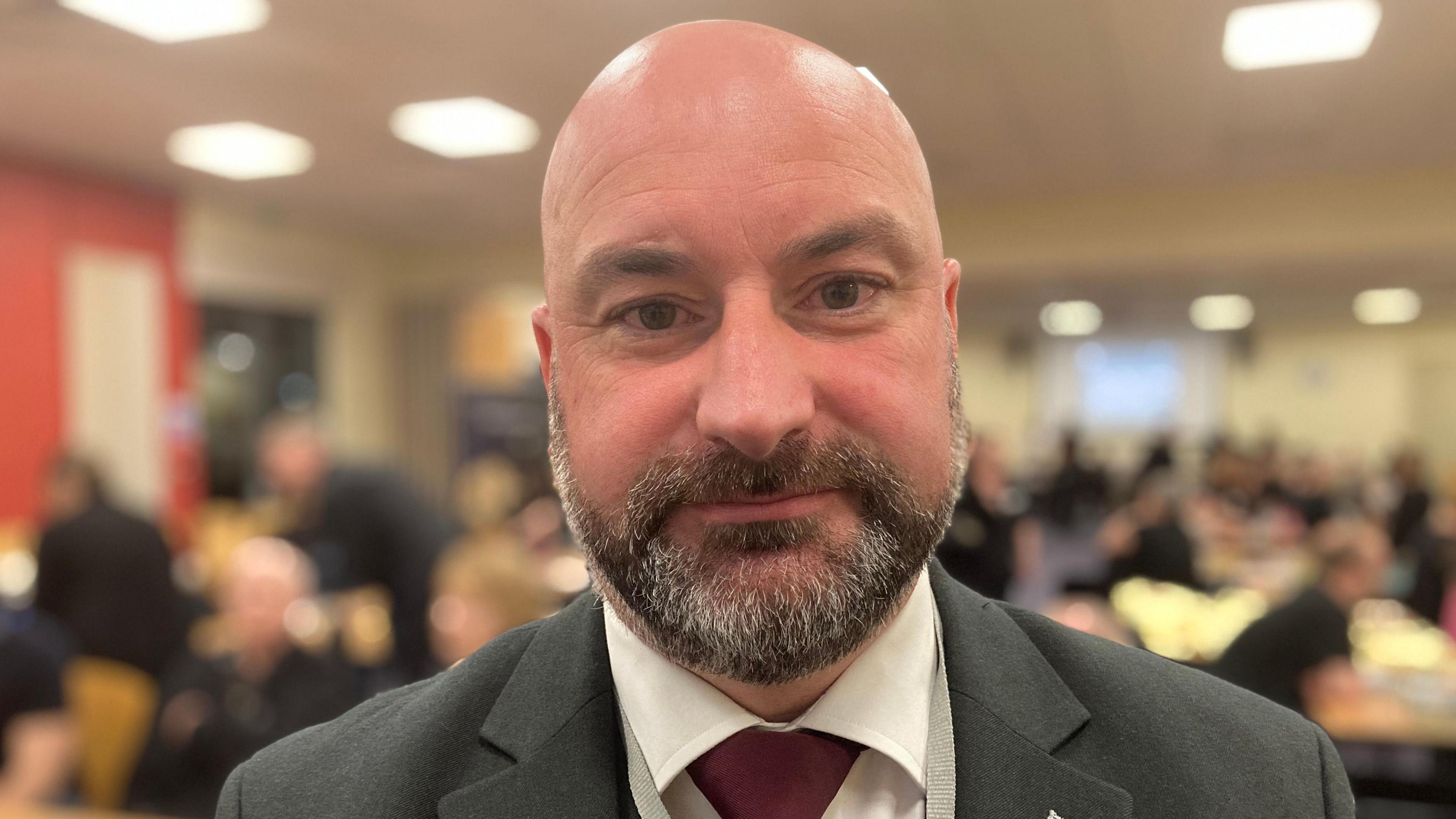'Serious concern' over police crime investigations
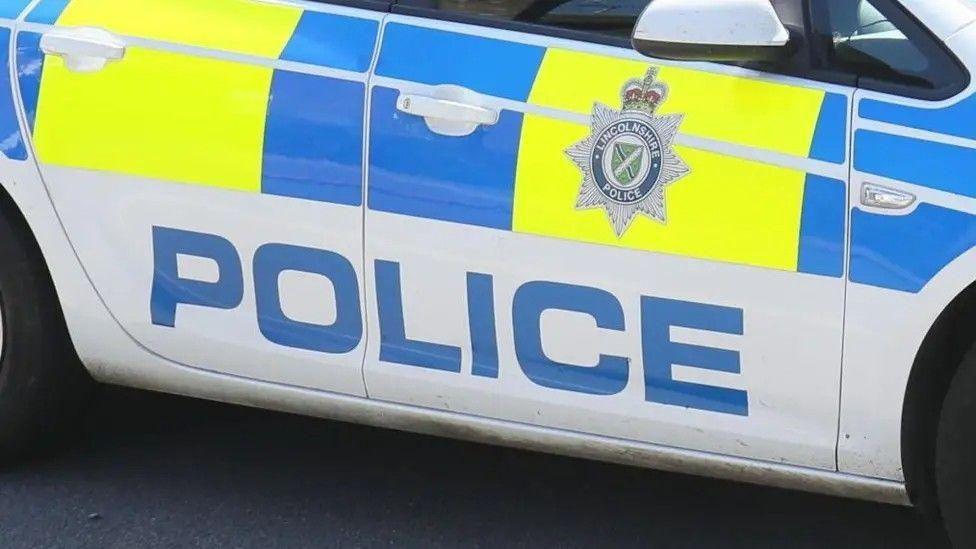
Inspectors rated Lincolnshire Police as "inadequate" in a number of areas
- Published
Lincolnshire Police has been rated inadequate at investigating crime, responding to the public and managing offenders and suspects.
His Majesty's Inspectorate of Constabulary and Fire and Rescue said it had "serious concerns" and the leadership and management of the force was inadequate.
A report said the force was too slow to respond to calls and "failing to support victims" and called for urgent improvements.
Chief Constable Paul Gibson said he accepted the report's findings, but said the force was "starting to see some real improvements".
Some of the report's findings were released in December last year, and the force was moved into an enhanced level of monitoring.
The full report, published on Wednesday, gave more detail and said the way the force investigates crime was of "serious concern" and must be "urgently improved".
Although it does "a good job" of investigating the most serious crimes, "the force isn't allocating investigations to appropriately trained officers and staff who have the right skills and experience", according to the report.
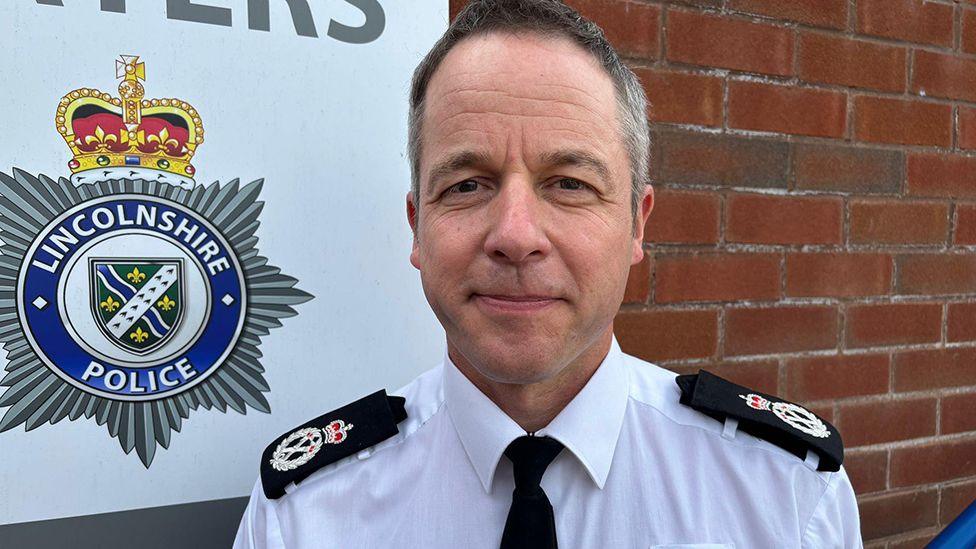
Chief Constable Paul Gibson said the force was improving
Inspectors found officers only met incident response targets in 52.6% of cases, which meant the force was "missing opportunities to safeguard the public and reduce crime".
They said in the year ending March 2024, black people were nearly five times more likely to be stopped and searched or subjected to force than white people. The report said there were "gaps" in the records to explain why.
On finances, the report said Lincolnshire Police's savings plan did not address several areas of inefficiency.
It added "these inefficiencies are increasing its operating costs and worsening its budget deficit".
Overall, the report said it could not "underestimate how much improvement is needed", but it acknowledged there had been some improvements including increased staffing in the control room.
Mr Gibson told BBC Radio Lincolnshire he understood "why the public would be worried".
"What I would say is, in terms of response, we've taken a laser focus to this," he said.
"We are now responding quicker, allocating people quicker. We are assessing victims needs in over 90% of the cases.
"So those figures that you will see in that report are starting to change.
"This will take a bit of time but I'm happy with the progress."
Listen to highlights from Lincolnshire on BBC Sounds, watch the latest episode of Look North or tell us about a story you think we should be covering here, external.
Related topics
- Published31 January
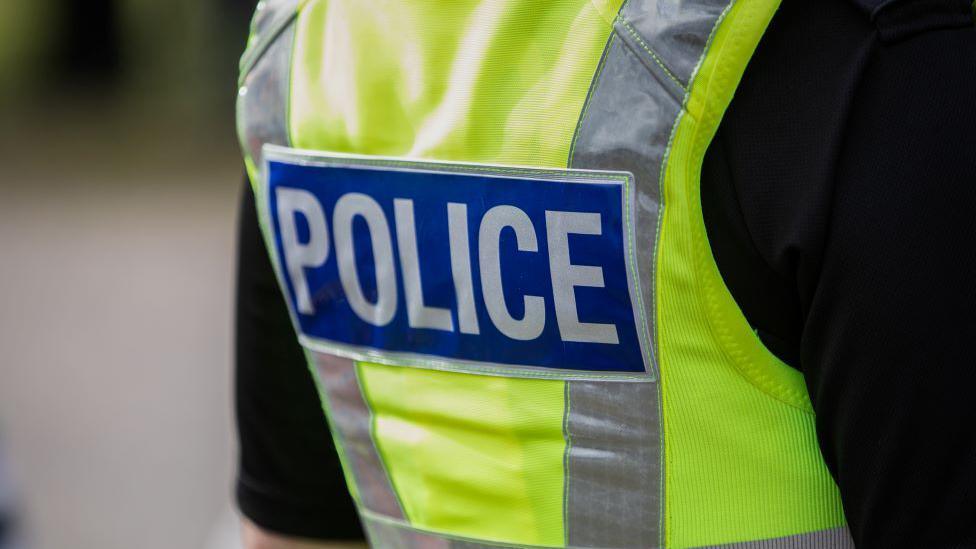
- Published15 April
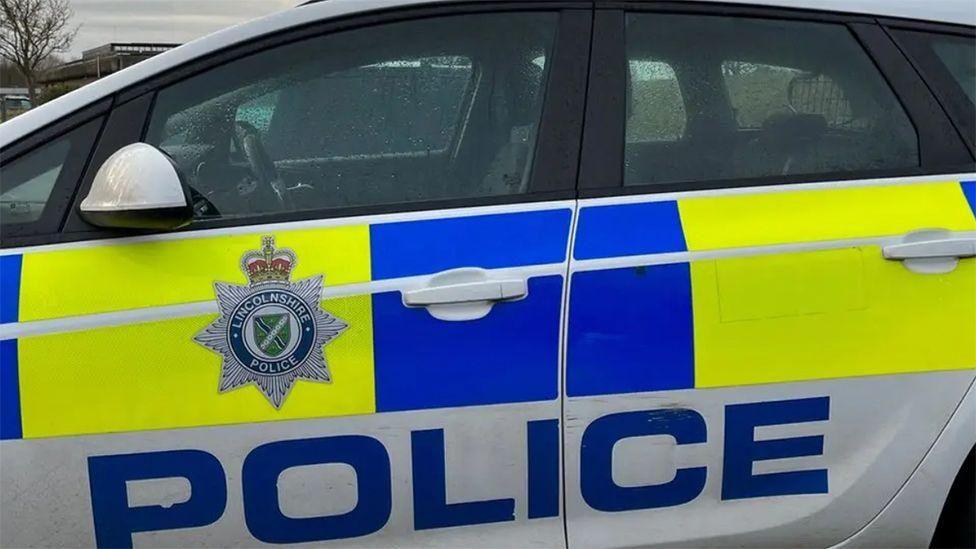
- Published17 December 2024
